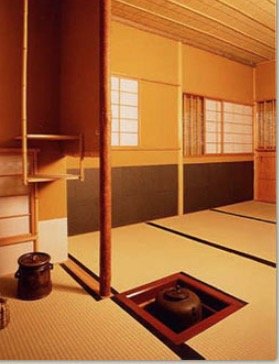For some reason, it’s easy to find yourself fascinated with the most mundane things in Japan. I have an odd obsession with train crossings here, and whenever I’m near one as a train approaches, I’m happy to roll down the car window and drink in the soothing kan-kan-kan sound the train train crossing barrier makes as the train passes. Another example of this phenomenon might be the photobook we’re posting to the site today, which celebrates the austere beauty of various old and cool-looking stairs in Tokyo, including some that have been in use since the Edo Period. A Japanese person would probably tell you that these bland, normal things are interesting because of the concept of wabi-sabi, the aesthetic ideal that can be translated as “sober refinement and elegant simplicity.” Derived from Zen Buddhism, it essentially embraces simplicity and modesty while forgiving imperfections such as being old, worn or common. Another example of a simple, everyday object being viewed as exceptionally cool are those clear plastic umbrellas that are carried by the millions here in Japan, which no one ever thinks twice about although everyone depends on then. (We’ve gotten these esoteric umbrellas back in stock today, just in time for the Japanese rainy season!)
The most famous image of wabi-sabi is a room for tea ceremony.
















